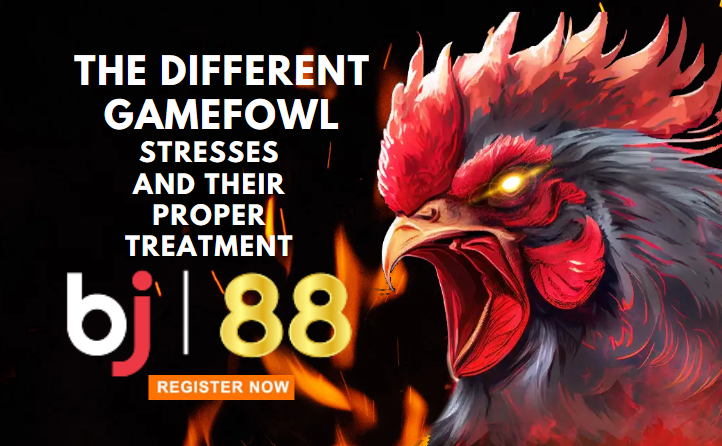
Gamefowl are naturally aggressive birds. However, they can also be stressed by a variety of factors, such as changes in their environment, transportation, fighting, and even loud noises. Stress can have a negative impact on a gamefowl’s health and performance.
Different Types of Gamefowl Stress
There are many different types of gamefowl stress. Some of the most common types include:
- Environmental stress: This type of stress is caused by changes in the environment, such as a new coop, new surroundings, or a change in temperature.
- Transportation stress: This type of stress is caused by the movement of gamefowl from one place to another.
- Fighting stress: This type of stress is caused by the physical and mental exertion of fighting.
- Noise stress: This type of stress is caused by loud noises, such as fireworks or thunderstorms.
- Social stress: This type of stress is caused by interactions with other birds, such as overcrowding or bullying.
Signs of Gamefowl Stress
There are a few signs that a gamefowl may be stressed. These signs include:
- Change in behavior: A stressed gamefowl may become aggressive, withdrawn, or lethargic.
- Feather loss: A stressed gamefowl may lose feathers, especially around the head and neck.
- Weight loss: A stressed gamefowl may lose weight.
- Poor appetite: A stressed gamefowl may have a poor appetite.
- Diarrhea: A stressed gamefowl may have diarrhea.
Treatment for Gamefowl Stress
The treatment for gamefowl stress depends on the underlying cause. If the stress is caused by an environmental change, the best way to treat it is to gradually introduce the bird to the new environment. If the stress is caused by transportation, the bird should be given plenty of rest and water after the journey. If the stress is caused by fighting, the bird should be given a break from fighting and allowed to recover. If the stress is caused by noise, the bird should be moved to a quieter environment. If the stress is caused by social interaction, the bird should be separated from the other birds or given more space.
Preventing Gamefowl Stress
There are a few things that can be done to prevent gamefowl stress. These include:
- Gradually introduce the bird to new environments.
- Avoid transporting gamefowl unnecessarily.
- Give the bird plenty of rest before and after fighting.
- Reduce noise levels in the coop.
- Provide the bird with plenty of space and avoid overcrowding.
Conclusion
Gamefowl stress can have a negative impact on a bird’s health and performance. By identifying the signs of stress and treating it appropriately, you can help your gamefowl stay healthy and happy.
Meta Description:
Learn about the different types of gamefowl stress and how to treat it. This article discusses the signs, causes, and treatments for gamefowl stress.
Subcategories:
- Gamefowl Health
- Gamefowl Care
- Gamefowl Stress
- Gamefowl Behavior
- Gamefowl Fighting
